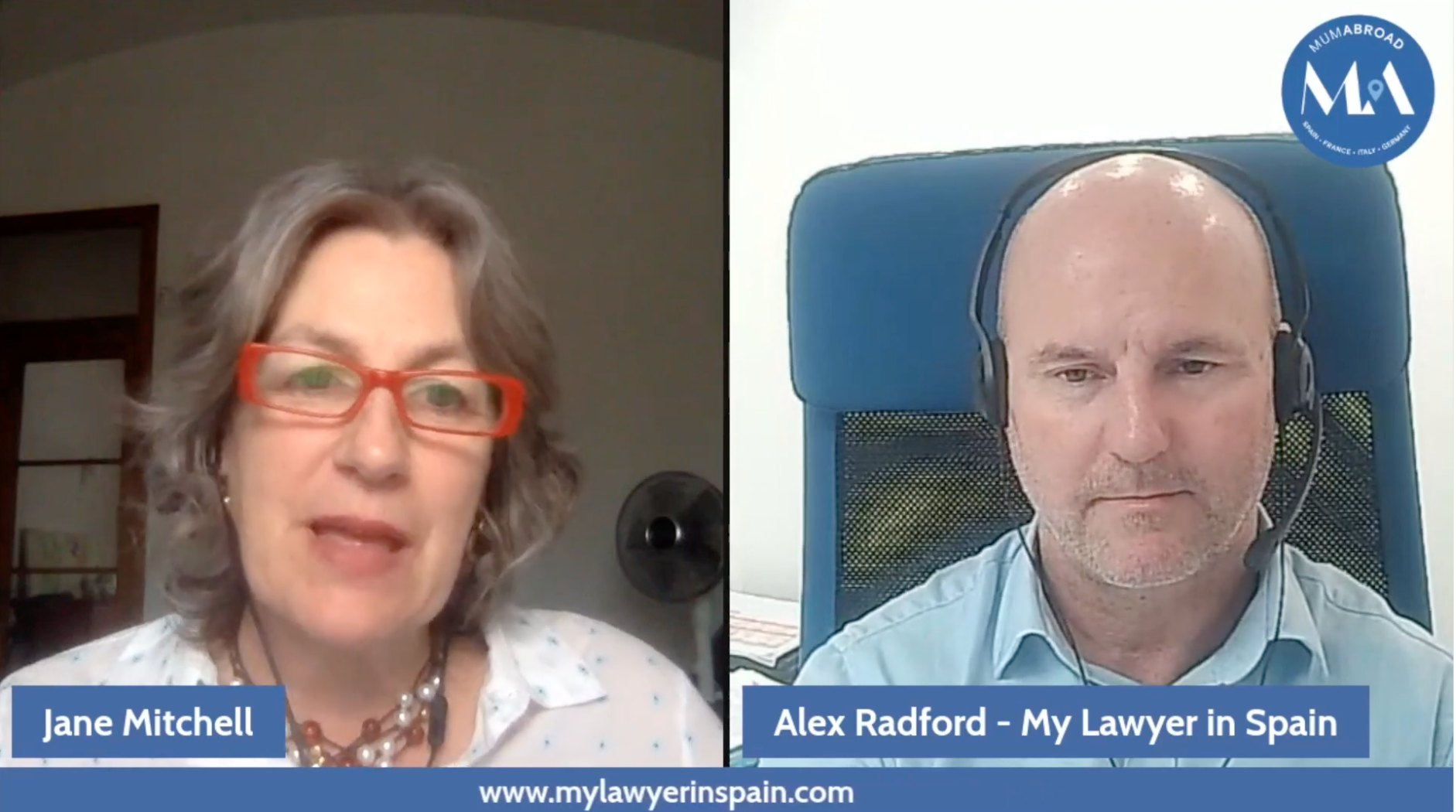How to Register Your Property with the Land Registry in Spain
Buying a property in Spain is an exciting investment, but ensuring it is correctly registered with the Land Registry (Registro de la Propiedad) is crucial to protect your ownership rights.
Registering your property in Spain offers legal security by officially confirming your ownership rights. It also safeguards you against potential disputes and fraud. Moreover, registration is essential if you plan to sell or mortgage the property in the future.
This guide will walk you through the registration process step by step.
Step-by-Step Guide to Property Registration
1. Sign the Public Deed at the Notary
Once the purchase process is complete, both the buyer and seller must sign the Escritura Pública de Compraventa (Public Deed) before a Spanish notary. This official document confirms the transfer of ownership.
2. Pay Property Transfer Taxes and Fees
Before registering the property, you must pay the corresponding Notary fees and settle the applicable taxes, which depend on whether you purchased a new or resale property:
New properties: Pay VAT (IVA) up to 10% and Stamp Duty (Actos Jurídicos Documentados or AJD), which varies by region.
Resale properties: Pay the Property Transfer Tax (Impuesto de Transmisiones Patrimoniales or ITP), usually between 6% and 10%.
3. File the Deed with the Land Registry
After paying the necessary taxes, the next step is to present the Escritura Pública at the Land Registry office corresponding to your property’s location.
The registration process usually takes from a few weeks to two months, depending on the workload of the specific registry.
4. Obtain the Updated Property Registration Certificate
Once registered, you will receive a certified copy of the property registration (Nota Simple) after payment of the corresponding Land Registry fees. This document officially confirms that you are the legal owner and provides information on any existing charges, such as mortgages.
Additional Considerations
Mortgage Registration: If you purchased the property with a mortgage, the bank will handle the registration of the mortgage separately.
Legal Assistance: Hiring a lawyer can simplify the process, ensuring that all paperwork is correctly submitted.
First registration: If the property you bought has never been recorded at the Land Registry, you will have to follow a procedure called, first registration (inmatriculación). This often applies to rural properties or older transactions. To complete the process, you will need to provide the public deed of sale, identification documents, and proof that no charges exist on the property.
As can be seen, registering your property with the Land Registry in Spain is a fundamental step in securing your investment. By following these steps and ensuring all paperwork is correctly filed, you can enjoy your new property with peace of mind, knowing that your ownership is legally protected.




